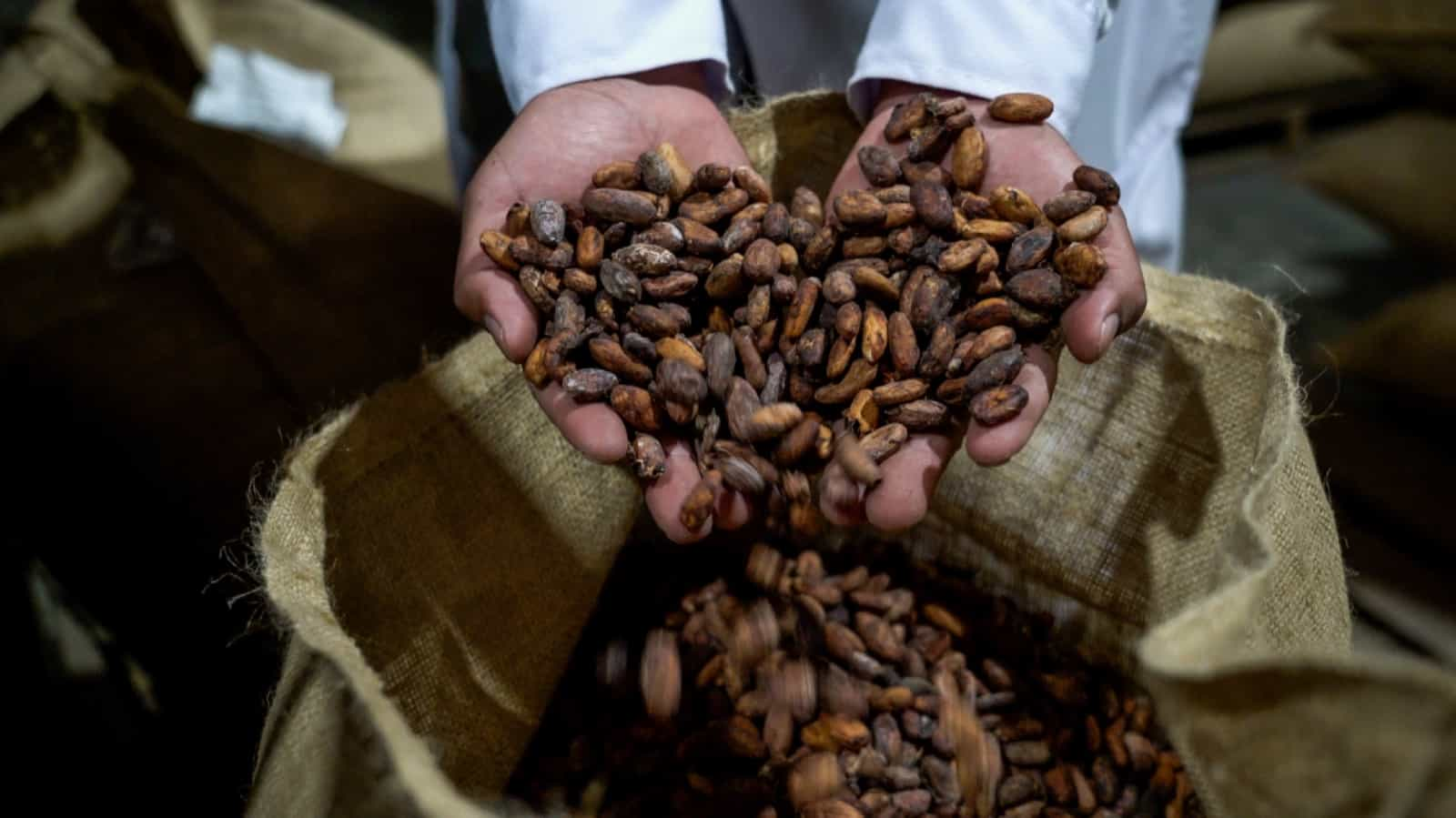The Peruvian government, through the Ministry of Agrarian Development (MIDAGRI), continues to drive the growth of the agro-export sector, with a particular focus on integrating small producers into the country’s commercial chains. Recently, a significant milestone was reached by cacao producers in Madre de Dios, who successfully exported 25 tons of fine aroma cacao beans to Belgium, marking an important achievement for Peru’s agricultural exports.
As the government strengthens its commitment to agricultural exportation, Angel Manero, the head of MIDAGRI, emphasized the importance of involving small-scale farmers in the agro-export chain. “It is crucial that we continue to involve small producers in the country’s agro-export sector. This is the result of the commercial integration promoted by Agromercado in the coast, highlands, and jungle regions. With this approach, we will continue growing alongside the country’s family agriculture,” stated Manero.
This achievement was made possible by the collaboration between two cooperatives: COOPSSUR Oriente and the Agrarian Cooperative of the Interoceanic Road (COOPAIDI). The partnership was formed to fulfill a request from a Belgian company specializing in the processing and commercialization of cocoa paste and butter. Together, the cooperatives were able to meet the demand for 25 tons of high-quality cacao, showcasing the impact of cooperative models in enhancing international trade.
COOPSSUR Oriente, a cooperative established by 120 members (70% male and 30% female), is located in the districts of Inambari, Tambopata, and Las Piedras in the province of Tambopata, region of Madre de Dios. The cooperative is dedicated to cultivating both conventional and organic cacao, as well as copoazú, a related fruit. Agromercado, the commercial arm of MIDAGRI, has supported COOPSSUR Oriente since 2019, providing both technical and commercial assistance. In 2024, the cooperative received additional support in obtaining Fair Trade certification, which enhances their position in the global market.
The success of this cacao export is a direct result of the Rueda de Negocios de Cacao, a business event held in July 2024 as part of the Cacao and Chocolate Salon. This event served as a platform for small and medium producers like COOPSSUR Oriente to connect with international buyers, allowing them to expand their reach and access new markets.
Cacao is an essential agricultural product for Peru, and the country is a significant player in the global cacao market. Peru is home to over 100,000 cacao producers, who cultivate cacao in 16 different regions. The primary cacao-producing regions include San Martín, Junín, Ucayali, Huánuco, Amazonas, Cusco, and Madre de Dios. These areas are known for their rich biodiversity and favorable climate conditions, making them ideal for cacao cultivation.
Agromercado plays a pivotal role in connecting Peruvian farmers with international markets. As the commercial arm of MIDAGRI, Agromercado supports the development of Peru’s agro-export sector by providing technical assistance, promoting trade fairs, and facilitating business negotiations. Through its support, Agromercado helps diversify the country’s export offerings, enhancing the competitiveness of Peruvian agriculture on the global stage.
In addition to expanding market access, Agromercado’s involvement in the cacao sector also focuses on improving the quality and sustainability of agricultural practices. For example, the Fair Trade certification that COOPSSUR Oriente received is a significant step toward ensuring fair labor practices, environmental sustainability, and improved market conditions for the cooperative’s members. This certification not only adds value to their product but also boosts the reputation of Peruvian cacao as a high-quality, ethically sourced product.
The growth of the cacao industry in Peru has far-reaching implications for the country’s rural communities. Small-scale cacao producers, especially those in remote regions like Madre de Dios, benefit significantly from the support provided by Agromercado and the government. By gaining access to international markets, these farmers can increase their income, improve their living standards, and contribute to the development of their local economies.
The export of 25 tons of fine aroma cacao from Madre de Dios to Belgium is a testament to the power of collaboration and government support in the agro-export sector. It demonstrates the potential of small-scale farmers to compete on the global stage when provided with the necessary resources, training, and market access. This success story highlights the importance of fostering partnerships between cooperatives, government agencies, and international buyers to drive the growth of Peru’s agricultural exports.
Looking ahead, the government and Agromercado remain committed to expanding the reach of Peruvian cacao and other agricultural products. By continuing to support small producers and ensuring their integration into global value chains, Peru is well-positioned to become a leading exporter of high-quality, sustainable agricultural products. As the cacao export industry continues to grow, the future looks bright for small farmers in Madre de Dios and across the country.
In conclusion, the success of COOPSSUR Oriente and the export of 25 tons of cacao to Belgium is not just a win for the cooperative but for the entire Peruvian agro-export sector. It underscores the critical role of government support, cooperative collaboration, and international trade in driving the country’s agricultural development. With continued investment in small producers and sustainable practices, Peru’s agro-export sector is poised for even greater success in the years to come.

